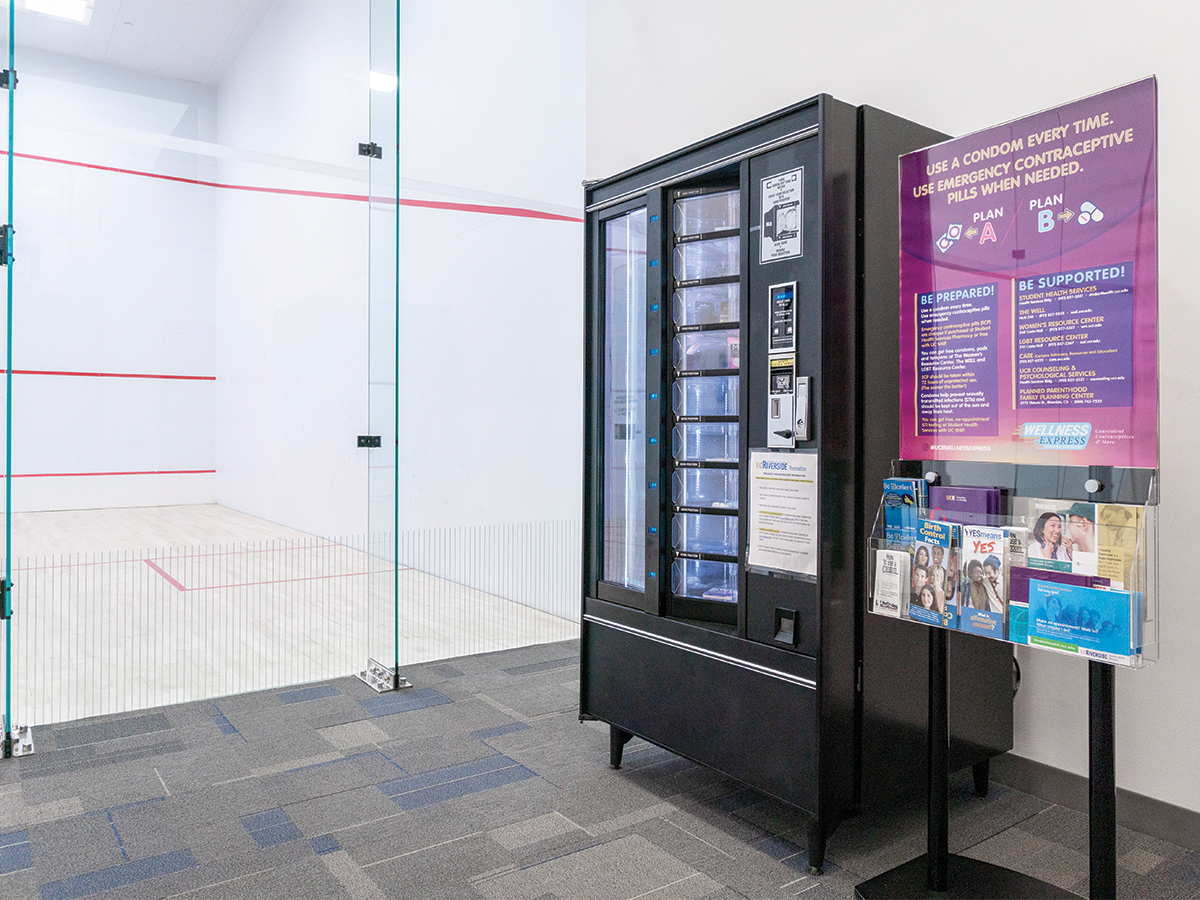 On April 3, the Senate Health Committee approved the SB 24 bill after it was approved by the Senate Higher Education Committee and the Senate Appropriations Committee. This bill, which is also known as the College Student Right to Access Act, would require all California public universities to have abortion medication at all on-campus student health centers by Jan. 1, 2023.
On April 3, the Senate Health Committee approved the SB 24 bill after it was approved by the Senate Higher Education Committee and the Senate Appropriations Committee. This bill, which is also known as the College Student Right to Access Act, would require all California public universities to have abortion medication at all on-campus student health centers by Jan. 1, 2023.
Last year the bill was presented by Senator Connie Leyva as SB 320, but it was vetoed by former Governor Jerry Brown. Senator Leyva reintroduced the bill to the California Legislature on Dec. 3, 2018. Elizabeth Kavianian, student campaign leader for the SB 24 bill and co-president of Planned Parenthood Generation Action (PPGA) at UCR stated that the bill’s goal is to make abortion treatment more accessible for college students. She said the bill will be presented to the California State Assembly likely in June of this year. It will need to be signed by Governor Gavin Newsom if it passes through the assembly.
According to Kavianian, justCARE: Campus Action for Reproductive Equity reached out to PPGA at UCR to join the SB 24 campaign. JustCARE is a campaign movement that began to break down restrictions to abortion care on California college campuses. Kavianian stated that Students United for Reproductive Justice (SURJ) started the justCARE campaign and they reached out to reproductive rights groups in California to support SB 24.
The justCARE website allows Californian citizens to sign a petition that supports the SB 24 bill. “We started doing tabling events, teach-ins and lobby days,” said Kavianian regarding what PPGA, SURJ and other reproductive rights organizations throughout California did to promote SB 24 on campuses.
The justCARE campaign has highlighted recent research that estimates that every month 1,038 students from the 34 UC and CSU campuses, “seek abortions from off-site health care facilities, including many who return to campus to complete their medication abortion.” Kavianian and the justCARE campaign emphasized the obstacles that college students must go through: setting aside time to go to the abortion clinic, paying for the treatment and any other difficulties students might have.
“We are trying to make sure nothing hinders student success,” Kavianian said. The central goal of SB 24 is “ensuring that every pregnant person in California who wants to have an abortion can obtain access to that care as easily and as early in pregnancy as possible.”
SB 24 will have other requirements for public universities which include: providing 24-hour, backup medical support by telephone to patients who have had abortions by medication techniques at a public university health center, one-time fees associated with establishing a corporate account to provide telehealth services, billing specialist consultation and maintaining a system of financial reporting on all aspects of the fund.
“If a person is pregnant they will find out, on average, between six to eight weeks which means they have a small window,” Kavianian stated. Kavianian indicated that if the bill is passed, the medication that would be available is a two-part pill that must be taken within the first ten weeks of pregnancy.
JustCARE added that providing the abortion medication at the student health centers would require four steps: confirm the pregnancy is within ten weeks, affirm that the abortion is the patient’s decision for how to approach the pregnancy, provide the set of pills with instructions and instruct the patient for what to expect and then give information on how to access care in case of an emergency.
Kavianian stated that the first pill is meant to be taken with a physician licensed to provide the medication and the second can be taken wherever and whenever they choose. Then a follow-up meeting with the provider of the medication will be held one to two weeks after to confirm termination of the pregnancy. “It’s very simple. Very safe,” said Kavianian.
JustCARE claims that the student health centers ought to be given funding for the medicated abortions and receive more training and equipment to expand the health centers’ contraceptive services. SB 24 will provide $200,000 of grants to each on-campus student health center. Kavianian said SB 24 is supported by private funders, requiring no student fees needed for implementation of the bill.
SB 24 bill’s goal is for California student health centers to help students receive early and accessible care to “help them stay on track to achieve their educational and other aspirational life plans” according to the official text of the bill. Kavianian stated, “We want student support. We want the student health center to support and we want any administrative support.” Kavianian said that the PPGA will be phone banking and attending more lobby sessions for the rest of spring quarter.








